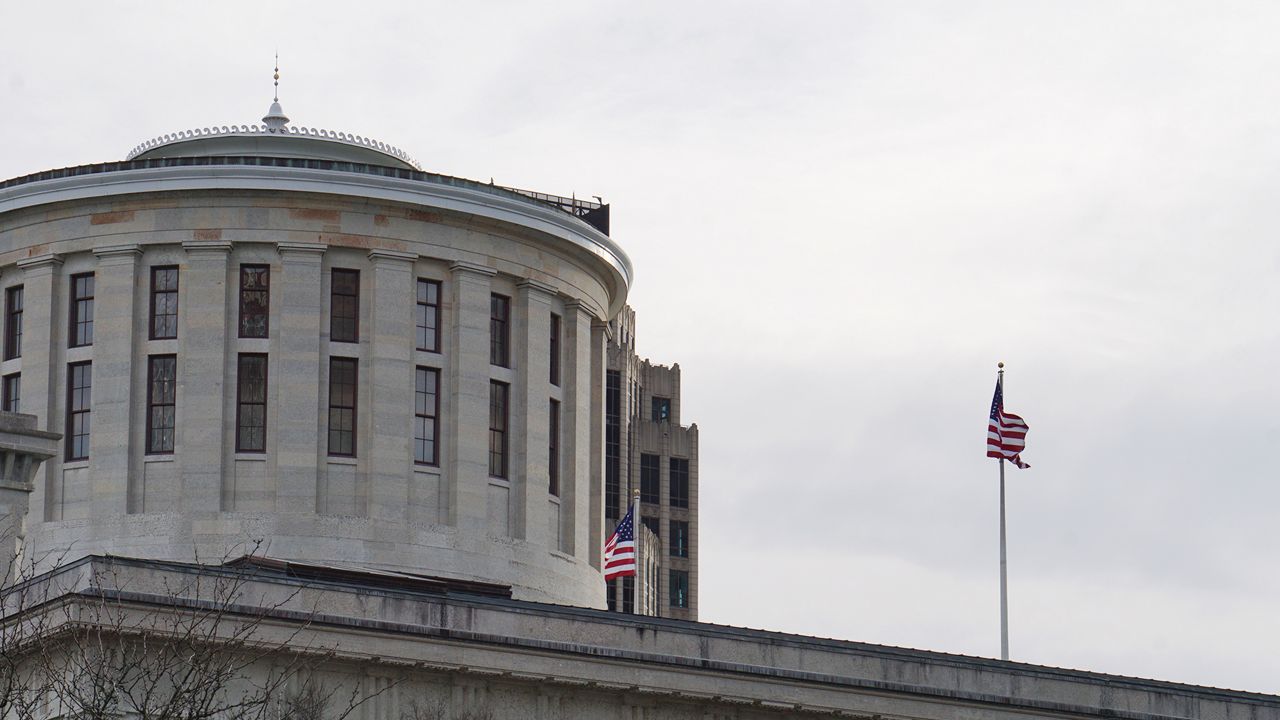COLUMBUS, Ohio (AP) — A Republican-proposed overhaul of how Ohio oversees K-12 education and decision-making on academic standards, model curricula and school district ratings has cleared a Senate committee and could be put to a vote by the full Senate as soon as Wednesday.
Oversight of the state’s education department would shift to a director appointed by the governor, instead of the State Board of Education and the superintendent it elects. The bill would also rename the Ohio Department of Education as the Department of Education and Workforce, and transfer many of the state school board’s powers to the department’s new director.
That director, as well as the deputy directors for the newly created divisions of Primary and Secondary Education and Career Technical Education, would also have to be OK’d by the state Senate.
This proposal isn’t new. A similar bill failed to get enough votes in the final days of the GOP-led Legislature’s last session after other proposals were tacked on last-minute, including banning transgender girls from playing girls sports and creating protections for unvaccinated K-12 kids. That combined proposal was opposed by Democrats and got mixed reviews from Republicans.
Sen. Bill Reineke, of Tiffin, said in previous testimony that the bill has multiple goals, including to ensure accountability and transparency within Ohio’s education structure, as well as help address the state’s workforce needs by making students more aware of career pathways other than a four-year-degree.
Supporters of the bill, including Republican Gov. Mike DeWine, applaud it as a way to revamp a failing, disorganized system, which they say is bogged down with political infighting among school board members and has been too slow to address issues such as the decline in student achievement during the pandemic, transportation shortages and chronic student absenteeism.
Opponents of the measure, including current school board members and the Ohio Federation of Teachers, said giving more control to the governor’s office would result in partisan oversight over the state’s education, not more accountability.



